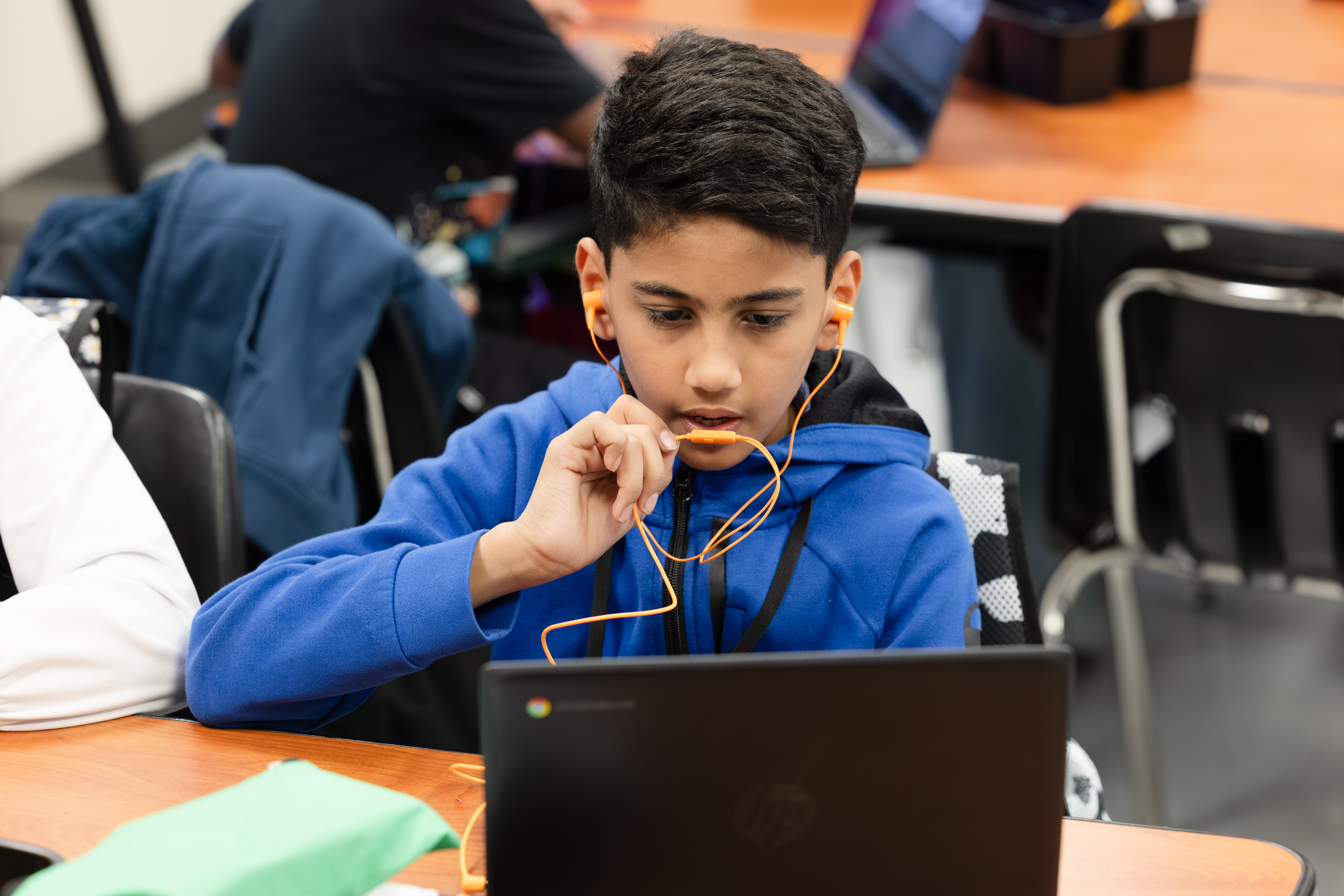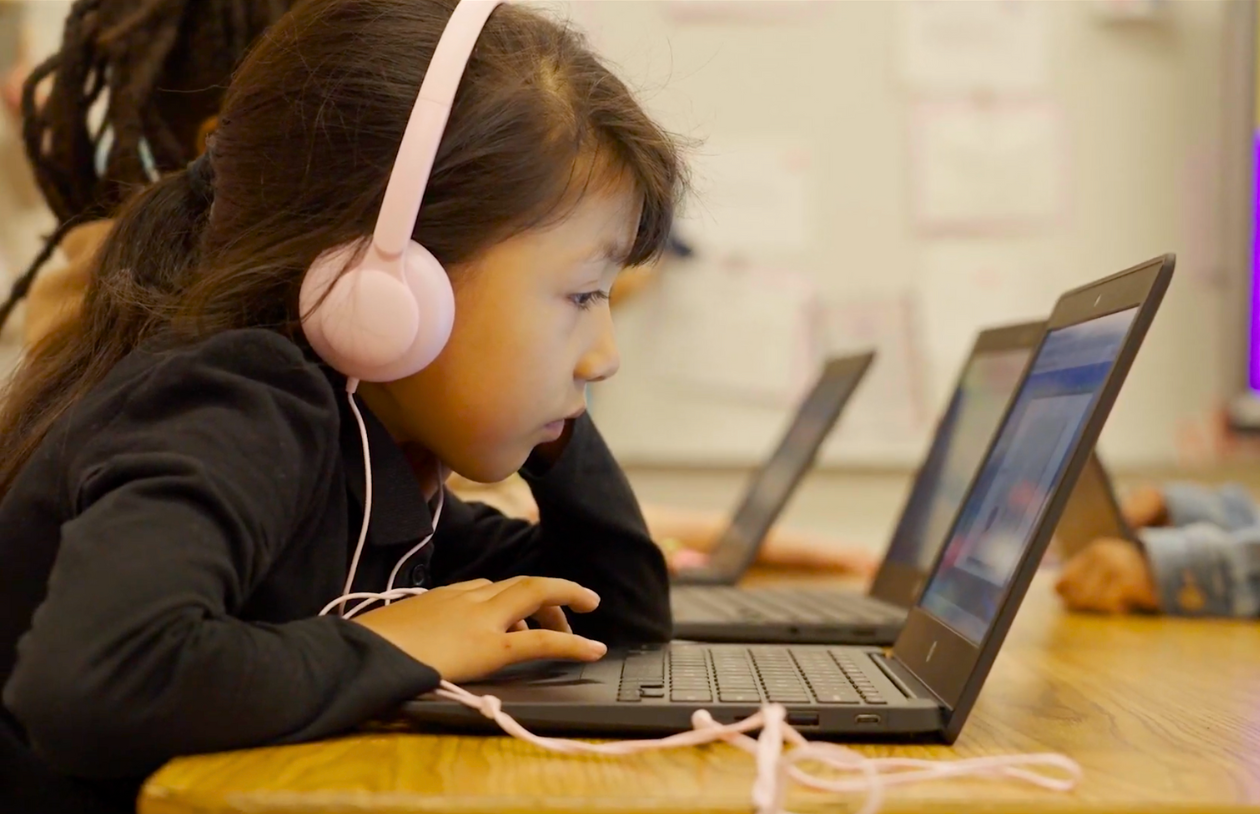5 Steps to a Smart Pilot

What to Consider When Trying a New Resource for Your School or District
With the myriad of options available, choosing the right resource for your school or district can be a daunting task. Amidst the current pandemic, there has been a surge in demand for new, innovative tech-based tools to spur student progression and make teachers’ lives simpler. And once you have made the decision to introduce a new tool, there’s more work to be done.
As a school administrator, you may have questions about the integration process: How do I begin to implement this new resource? How do I gauge its long-term potential for success? How is it being received by students and faculty?
Teachers may have similar questions or concerns: How does this new tool or resource blend with my traditional teaching practices? How do I know whether it’s working?
Though choosing the right resource may seem like a tall task, these five steps can lead to success.
5 Steps to Smart Piloting in Your School or District
- Identify Your Goals
This is, without a doubt, the most important step of a successful implementation. Clearly define the problem areas at your school or district and set a metric to determine what defines a successful improvement in that area. State the aim and direction of your program and make sure to review and, if needed, revise your goals as your program progresses. How must this program look for it to be considered a success at the 5-, 10-, or 15-year mark?
- Collect Data
In order to determine if your new tool or resource is a success, you’ll need data-driven results to quantify that success. Stakeholders, state leaders, and district administrators alike will want concrete evidence that show the usage, relevancy, and overall efficacy of the respective tool. Make sure the tool you are piloting provides detailed results for identifying students’ strengths and weaknesses.
Providers like Istation offer piloting districts real-time reporting tools to use in the decision-making process.
- Set and Adhere to Timelines
Timelines are extremely important when considering the implementation of a new resource. Decide how to best align your program to district timelines such as academic schedules, budgetary seasons, and important testing periods. This will help ensure a seamless integration of the new tool and avoid obstacles with students and staff as they begin to learn and use it.
- Design and Define a Strategy for Implementation
Upon implementation, there are numerous things to consider. Conceptualize and define who will be responsible for each and every aspect of your district’s rollout of the new resource. This includes the training of educators, planning for funding, and hiring of tech support in order to effectively utilize all aspects of the new tool. In simple terms, clearly define what every aspect will look like for each respective student, faculty, or staff member.
Istation’s professional development team offers customizable sessions to fit a school or district’s goals and needs. Read more about customizing professional development to create a better experience for all.
- Get Feedback from Educators Participating in the Pilot
The greatest benefit of piloting a new tool or resource is the opportunity to get valuable feedback from your educators in the classroom. When it comes down to it, success will be determined by the overall receptiveness of students and staff. After all, they are the ones the program is meant to help.
Get feedback from students and staff in order to best gauge the problems, limitations, and successful aspects of the new tool. A simple survey could yield surprising results and could very well make the difference between deciding to purchase the tool or moving on to another, better-suited option.
Piloting a new tool before purchasing gives you the much-needed time you need to find the resource best suited to meeting the needs of all learners in your district.
Reach out to Istation today and learn more about our blended learning resource for reading, math, and Spanish literacy.
Read more from the AI & The Reading Brain Blog


.avif)





